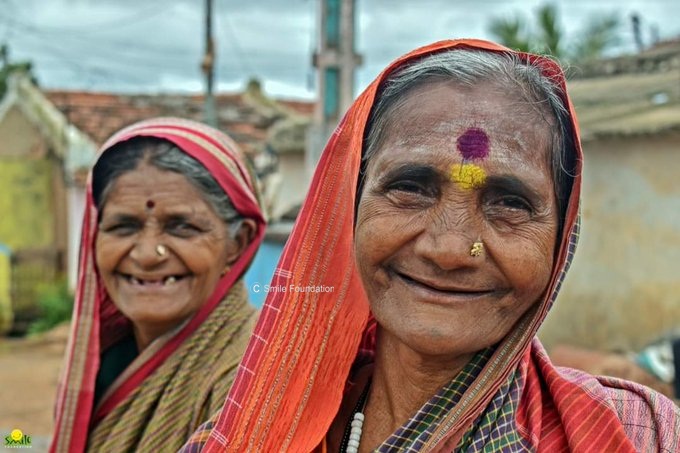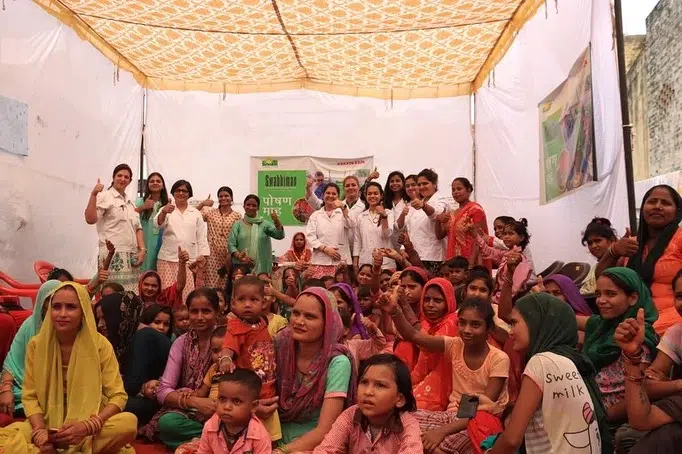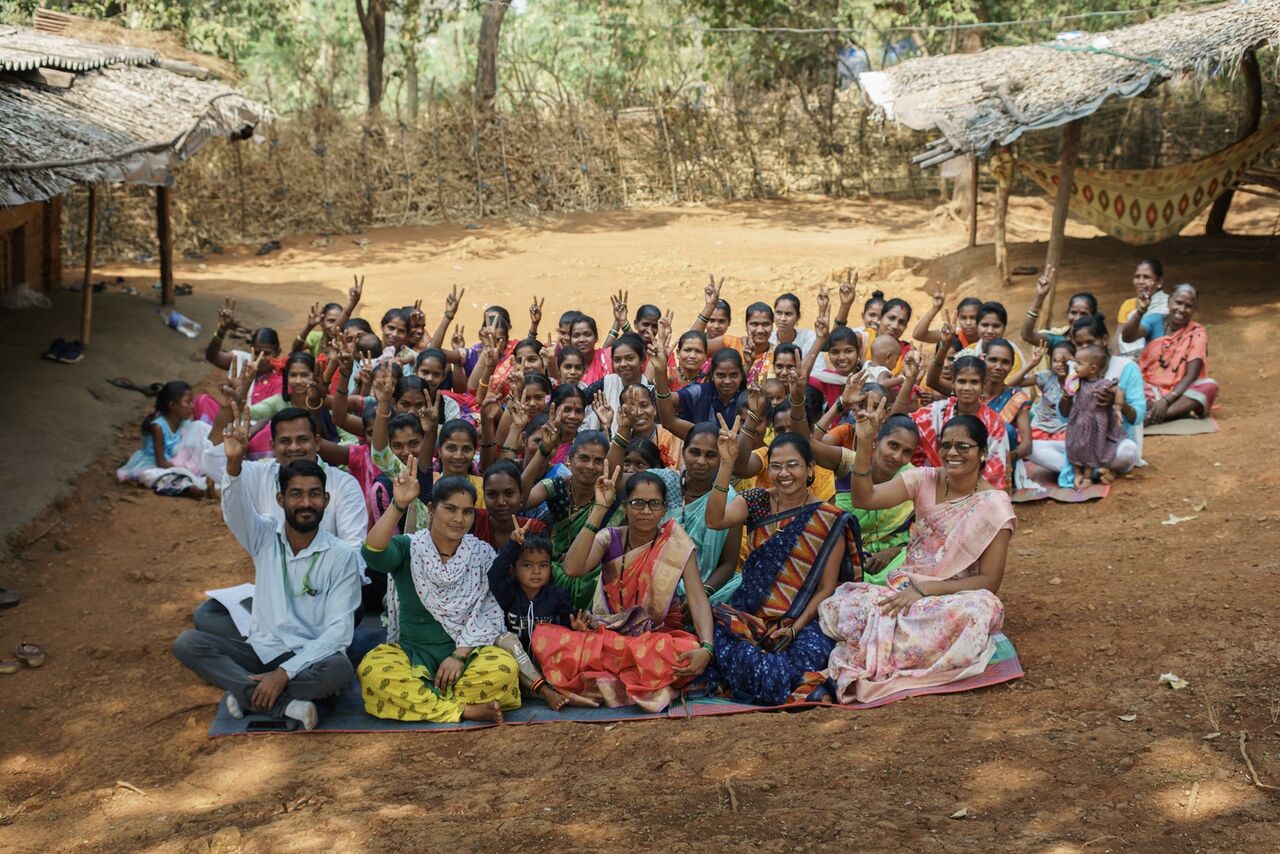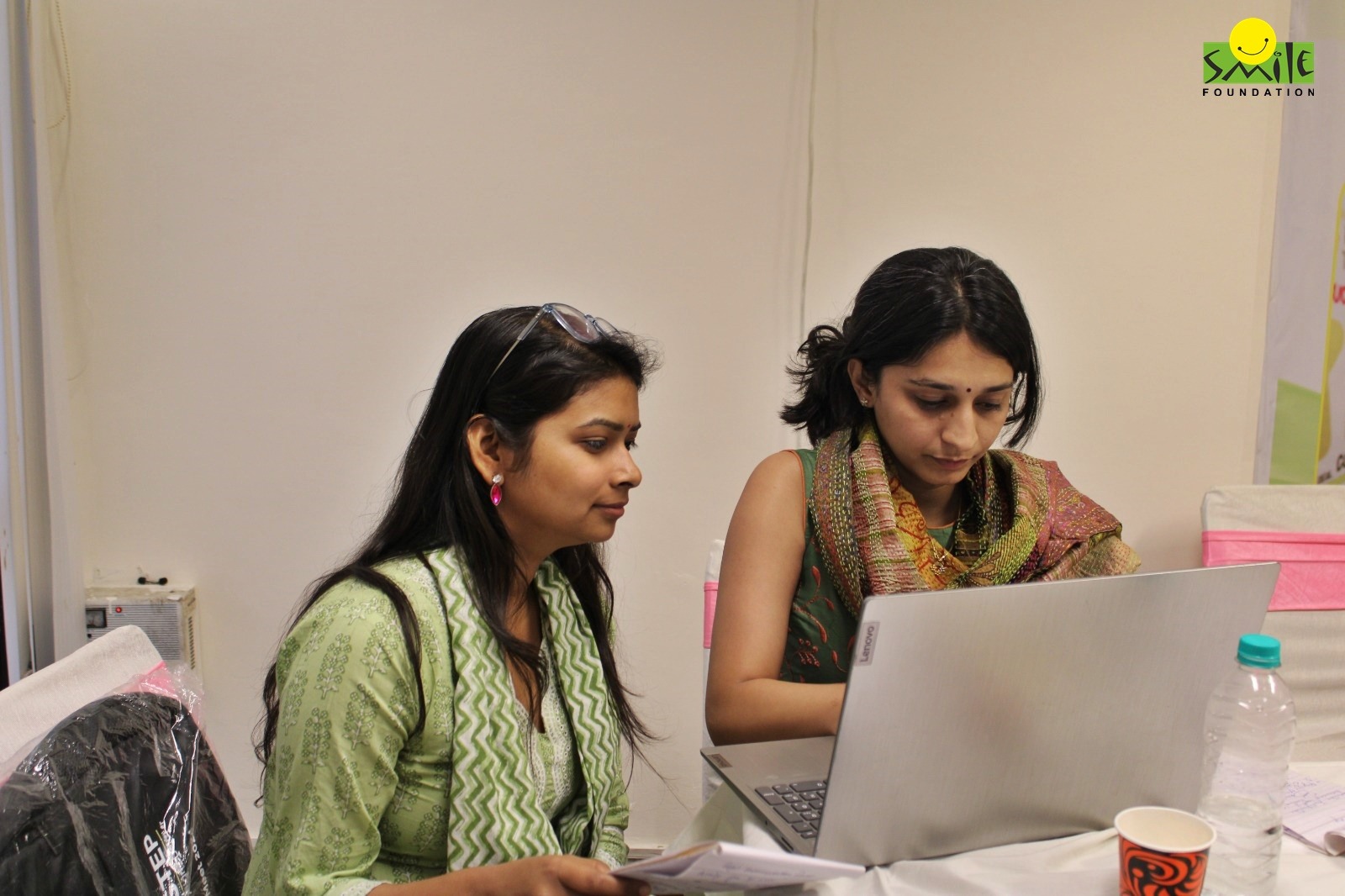In her influential TED Talk, “We Should All Be Feminists,” Nigerian author Chimamanda Ngozi Adichie presents a compelling vision for a world where gender equality redefines leadership. Adichie argues that rethinking our perceptions of gender can pave the way for a more just and balanced society where both men and women have the opportunity to flourish. She advocates for a world where women are in leadership roles, noting that such a shift would empower women and liberate men from restrictive societal expectations.
Quoting the late Kenyan Nobel Peace Laureate Wangari Maathai, who poignantly observed, “The higher you go, the fewer women there are.” Adichie thus highlights the persistent gender disparities that continue to marginalise women despite their growing numbers in various sectors.
A Disparity-Ridden Environment
The statistics further highlight the significant difficulties women encounter around the world. According to the World Food Programme’s Gender Policy and Strategy, women and girls constitute 60 per cent of the chronically hungry population. Furthermore, women are significantly underrepresented in land ownership, holding less than 20 per cent of the world’s land, even though they comprise approximately 43 per cent of the agricultural labour force in developing countries. The alarming rates of violence against women further exacerbate the situation.
The National Crime Records Bureau’s 2022 report on gender-based violence revealed a troubling increase from previous years, with over 445,000 cases registered in that year alone—equivalent to nearly 51 reported incidents every hour. This escalation underscores a systemic issue where women face significant threats to their safety and well-being.
Overall, the disparities highlight a world that remains deeply unfair to women. Despite their substantial presence in various sectors and critical societal roles, women continue encountering significant barriers to equal opportunities and growth. The lack of supportive environments and persistent structural inequalities reflect a broader issue of gender injustice that needs to be addressed to create a truly equitable world where both women and men can thrive.
Working towards a utopia: Where there are more women in lead roles
In the face of this situation, to imagine a world wherein women indeed lead would be a challenging act of great diversion. To get a little less critical and think of this, it’s possible that in a world where women lead in every sphere—political, economic, social, and cultural—leadership’s core values and priorities could shift dramatically. To quote Dee Dee Myers, author of Why Women Should Rule the World, “If women ruled the world, politics would be more collegial, businesses would be more productive, and communities would be healthier.”
Since women bring diverse perspectives as well as varied experiences to their respective roles, it can contribute to more holistic decision-making and inclusive policymaking. Myers argues that women’s focus on care and justice characterises women’s leadership. If women were to assume greater control over global leadership, they would likely prioritise sustainability, education and healthcare more vigorously, mirroring their historical roles in nurturing and community-building.
According to Myers, women’s leadership styles typically emphasise collaboration, empathy, and consensus-building, which could lead to a more cooperative and less aggressive approach to governance and organisational management.
Leading by example
A notable example is Jacinda Ardern, who became Prime Minister of New Zealand in October 2017. She provides a compelling case study of how women leaders can drive transformative changes in governance. Ardern’s leadership has been characterised by empathy and compassion. Her response to the Christchurch mosque attacks in March 2019 was marked by sensitivity and received widespread acclaim. “They are us. The person who has perpetrated this violence against us is not. They have no place in New Zealand,” Ardern had stated.
Her immediate and heartfelt reaction, including her decision to wear a hijab in solidarity with the victims, showcased her deep sense of compassion and understanding. Under Ardern’s leadership, New Zealand also prioritised well-being and social justice. Her government introduced the Well-being Budget in 2019, shifting the focus from traditional economic indicators to broader measures of well-being. Her policies have also emphasised inclusivity and collaboration. Additionally, Ardern prioritised climate action, setting her apart from many other countries. Her leadership enhanced public trust and served as a model for different leaders.
A long way to go for women in lead
In his 2024 International Women’s Day speech, UN Secretary-General António Guterres underscored the remarkable efforts of women worldwide who are breaking barriers and challenging gender stereotypes despite numerous obstacles. Their relentless pursuit of equality has been inspiring and painstaking, reflecting a significant commitment to creating a fairer world. Yet, the journey toward gender parity has been slow and arduous.
Guterres called for global governments to prioritise equality and bolster women’s representation to accelerate progress in the coming decade. His emphasis on the vital role of women in leadership vividly illustrates how a world where women are at the helm could offer a more equitable and inclusive future for all.
To sum it up, a world where women genuinely lead represents a profound shift in how we understand and implement leadership. It promises a future marked by inclusivity, empathy and collaborative problem-solving. However, achieving this vision requires addressing systemic barriers, overcoming resistance, and fostering an intersectional approach to leadership.
A nation-building vision drives Smile Foundation’s commitment to women’s empowerment. Our Swabhiman programme, launched in 2005, is dedicated to supporting marginalised and socially excluded women through targeted nutrition, healthcare and livelihood interventions and foster women in lead roles. By implementing innovative community-based practices, we aim to empower women and foster sustainable changes within their communities. The primary goal of Swabhiman is to promote gender equality, actively involving men and boys in the process of women’s empowerment.









